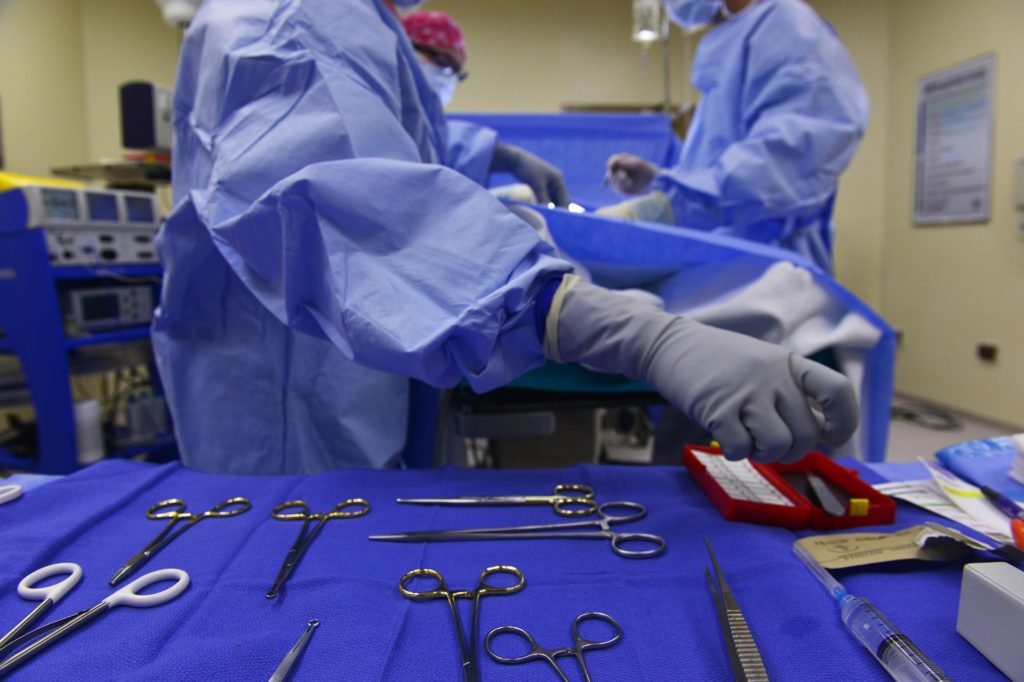 There’s a reason misdiagnoses cause medical malpractice claims so commonly. Because of things like this…
There’s a reason misdiagnoses cause medical malpractice claims so commonly. Because of things like this…
Just this year a woman from Harlem underwent a mastectomy to treat what she was told was very serious breast cancer, only to learn after that she never had cancer to begin with. She said, “I didn’t know whether to smile and thank God I didn’t have cancer or cry because I’ve been through so much.”
Compounding the diagnosis error, the hospital where she went for surgery signed off on the mastectomy without reading the pathology report themselves (as is their stated policy), which would have stopped the whole thing.
The woman is, understandably, furious and traumatized. She was the victim of a never event.
What Is a Never Event?
A “never event” refers to a medical mistake so serious and avoidable that it should “never” happen, as coined by the National Quality Forum in 2001. Startlingly, the most common form of never event is “wrong-site surgery” in which surgery is performed in the wrong location on a patient. The above case is not quite an example of this, but it’s very close.
Types of Never Events
In addition to wrong-site surgery, patient suicide while at a medical facility, delays in treatment, and medication errors are common types of never events. Surgical never events include surgery or invasive procedures performed on the wrong person, as well as foreign objects being left inside a patient after surgery. Criminal activity can also constitute a never event, such as physical or sexual assault against a patient by a healthcare worker, or a non-licensed individual impersonating a doctor or nurse.
How Common Are Never Events?
For any given facility, surgical never events are very rare, occurring at a particular location only about once every five to ten years. Unfortunately, they are also extremely serious, with as many as 71% fatal to the patient. Across the country, it is possible that more than 4,000 surgical never events occur every year.
What Can I Do After a Never Event?
First of all, obtain proper medical treatment to try to counteract the mistakes made in any way possible. Sadly, due to the high fatality rate of such errors, this is not often possible. If you or a loved one has suffered from a never event, then a medical malpractice lawsuit may be the best way to be compensated for your pain, suffering, and loss.
Call Wingate, Russotti, Shapiro, Moses & Halperin, LLP, at (212) 986-7353. We cannot undo surgical malpractice, but we can work for you to hold those responsible accountable for their error.